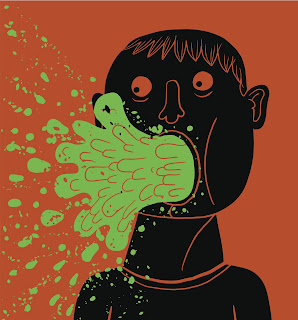Starting high school: The importance of parents being involved, staying involved and talking to one another

This time last year I wrote an article on the importance of a 'smooth transition' from primary to secondary school. Research has shown that by Year 10, those students who managed to get through this difficult transition period without too many issues are likely to have higher levels of school attendance, better academic results, low behavioural problems and lower rates of substance abuse. What happens in the first few months of high school can play an important role in how their future plays out … I recently read a wonderful research paper by Anne Coffey that discussed the key to a successful transition being 'relationships'. In the article, the author identified a number of potentially 'negative' changes that can occur during the move from primary to high school including the following: · a decline in self-esteem due to changes in learning environment and more demanding schoolwork · a "dip in aca...

